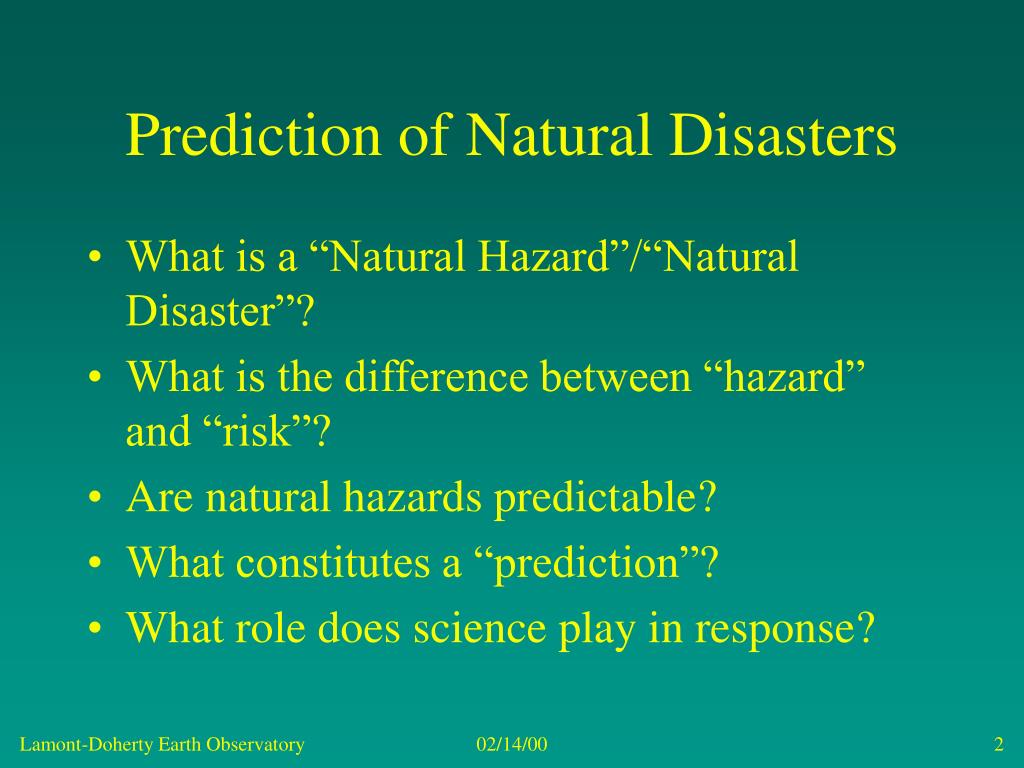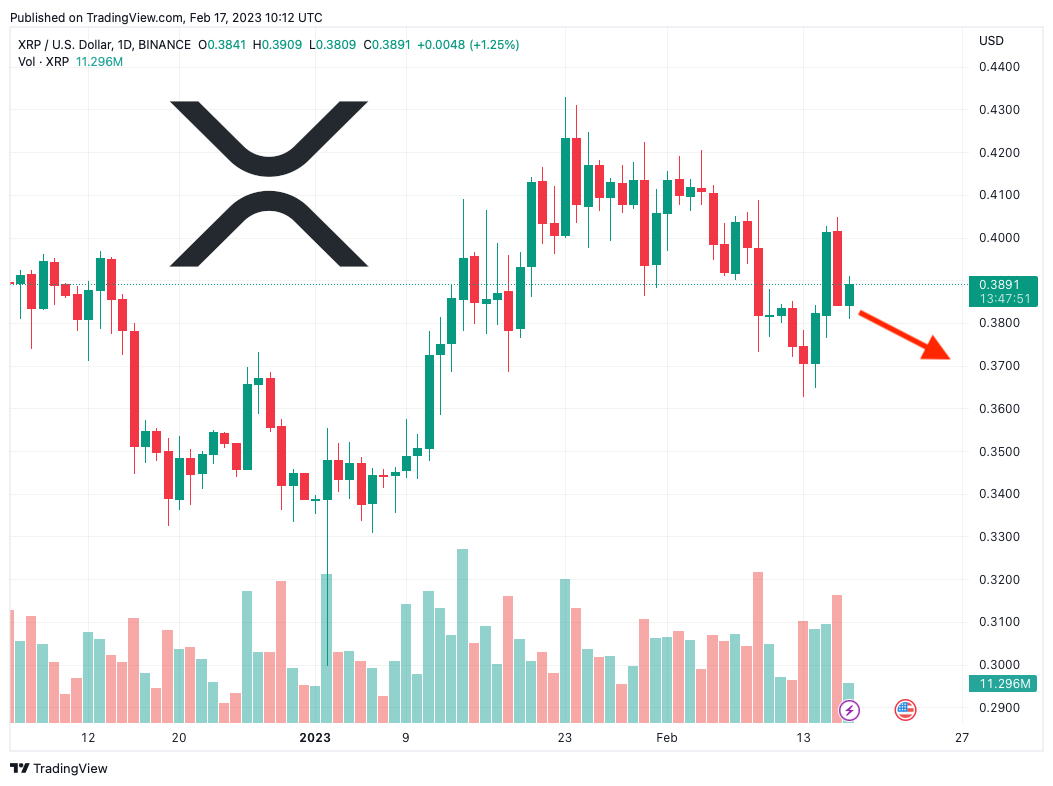Is Betting On Natural Disasters, Like The LA Wildfires, A New Normal?

Table of Contents
The Rise of Disaster Prediction Markets and Insurance Products
The ability to bet on natural disasters is increasingly sophisticated, driven by advancements in prediction capabilities.
Sophisticated Modeling and Data Analysis
Advanced weather forecasting, coupled with powerful climate models and big data analytics, allows for increasingly accurate predictions of natural disaster risk. This creates opportunities for more precise disaster risk assessment and, consequently, more targeted insurance products and investment opportunities.
- AI and machine learning: Companies are using AI and machine learning to analyze vast datasets—including historical weather patterns, satellite imagery, and real-time sensor data—to predict wildfire risk with greater accuracy.
- Satellite imagery and sensor technology: High-resolution satellite imagery and advanced sensor networks provide real-time data on factors like vegetation dryness, wind speed, and temperature, improving the accuracy of wildfire prediction models.
- Limitations of current prediction models: While advancements are significant, predicting the exact location and intensity of natural disasters remains challenging. Model limitations and unforeseen events still introduce significant uncertainty.
Increased Investment in Catastrophe Bonds and Insurance
The growing financialization of natural disaster risk is evident in the expanding market for catastrophe bonds (cat bonds) and other insurance products designed to transfer the risk associated with these events.
- Examples of cat bonds and insurance products: Numerous cat bonds are now specifically designed to cover wildfire risks in regions prone to such events, including California. Traditional insurance companies are also adapting their offerings to incorporate more sophisticated risk models.
- Benefits and drawbacks: Cat bonds offer investors potentially high returns while transferring risk to the capital markets. However, they are complex financial instruments with inherent risks, and payouts are contingent on specific predefined events.
- The role of reinsurers: Reinsurers play a critical role in this market, helping to spread and manage the risk associated with large-scale natural disasters.
Ethical Considerations and Societal Impacts
The rise of betting on natural disasters raises profound ethical questions.
Profiting from Suffering
The very act of profiting from the misfortune of others affected by natural disasters is ethically problematic for many. Concerns arise about the potential for exploitation and the exacerbation of existing social inequalities.
- Arguments for and against: Some argue that disaster betting simply reflects the market's assessment of risk and provides a mechanism for efficient risk transfer. Others argue that it is morally reprehensible to profit from human suffering.
- Potential for exacerbating social inequalities: Those most vulnerable to natural disasters are often least equipped to protect themselves financially, raising concerns that disaster betting could further marginalize them.
Impact on Disaster Preparedness and Relief
The impact of disaster prediction markets on disaster preparedness and relief efforts is a complex issue with both potential benefits and drawbacks.
- Potential benefits: The potential for increased investment in preventative measures is a positive outcome. More accurate predictions might encourage proactive mitigation strategies, reducing the overall impact of future events.
- Potential drawbacks: There's a risk that the focus might shift from aid and recovery to profit maximization, potentially diverting resources from essential relief efforts.
- The need for regulatory oversight: Strict regulation and oversight are essential to ensure that disaster betting does not undermine disaster preparedness and relief efforts.
Technological Advancements Fueling the Trend
Technological advancements play a crucial role in enabling and accelerating the trend of betting on natural disasters.
The Role of Big Data and AI
The application of big data and artificial intelligence is significantly improving the accuracy of disaster prediction, leading to more sophisticated betting opportunities.
- AI-powered platforms: Numerous platforms now use AI to analyze massive datasets to assess disaster risk, providing the basis for more precise betting markets.
- Data privacy and security concerns: The use of vast amounts of data raises concerns about privacy and security, particularly regarding the potential misuse of sensitive information.
Accessibility of Betting Platforms and Information
The increasing accessibility of information and betting platforms further fuels this trend.
- Online platforms: Numerous online platforms now facilitate disaster-related betting, making it easier for individuals to participate.
- Regulatory landscape and its limitations: The regulatory landscape surrounding disaster betting is still evolving, with limitations in many jurisdictions.
Conclusion
Betting on natural disasters is a multifaceted phenomenon, driven by technological advancements in prediction capabilities and the growing financialization of risk. The ethical considerations are undeniable, and the potential impact on disaster preparedness and relief efforts necessitates careful consideration. Whether this trend represents a "new normal" remains to be seen. While advanced modeling provides opportunities for more effective risk management and potentially incentivizes proactive mitigation, the ethical implications of profiting from suffering and the potential for exacerbating existing inequalities cannot be ignored. We need robust regulatory frameworks and a societal conversation about the responsible use of technology in this space. Further research into climate change risk assessment, disaster relief strategies, and ethical considerations related to betting on natural disasters is crucial to navigate this complex landscape responsibly. Engage in this crucial discussion, and let's work towards a future where the financialization of disaster risk serves the collective good, not at the expense of those most vulnerable.

Featured Posts
-
 The Post Roe Landscape Examining The Significance Of Otc Birth Control
May 08, 2025
The Post Roe Landscape Examining The Significance Of Otc Birth Control
May 08, 2025 -
 Postane Personel Alimi 2025 Kpss Ile Ve Kpsssiz Is Imkanlari
May 08, 2025
Postane Personel Alimi 2025 Kpss Ile Ve Kpsssiz Is Imkanlari
May 08, 2025 -
 Inter Milan Edges Out Barcelona To Secure Champions League Final Spot
May 08, 2025
Inter Milan Edges Out Barcelona To Secure Champions League Final Spot
May 08, 2025 -
 Kripto Para Satislari Artiyor Duesuesuen Ardindaki Gercek Nedenler
May 08, 2025
Kripto Para Satislari Artiyor Duesuesuen Ardindaki Gercek Nedenler
May 08, 2025 -
 Why Is Xrp Rising Today A Look At The Trump Factor
May 08, 2025
Why Is Xrp Rising Today A Look At The Trump Factor
May 08, 2025
